VSU to work with WHO, SIKAP for Social Determinants of Health
- Details
- Written by Ulderico B. Alviola
-
Published: 09 February 2024
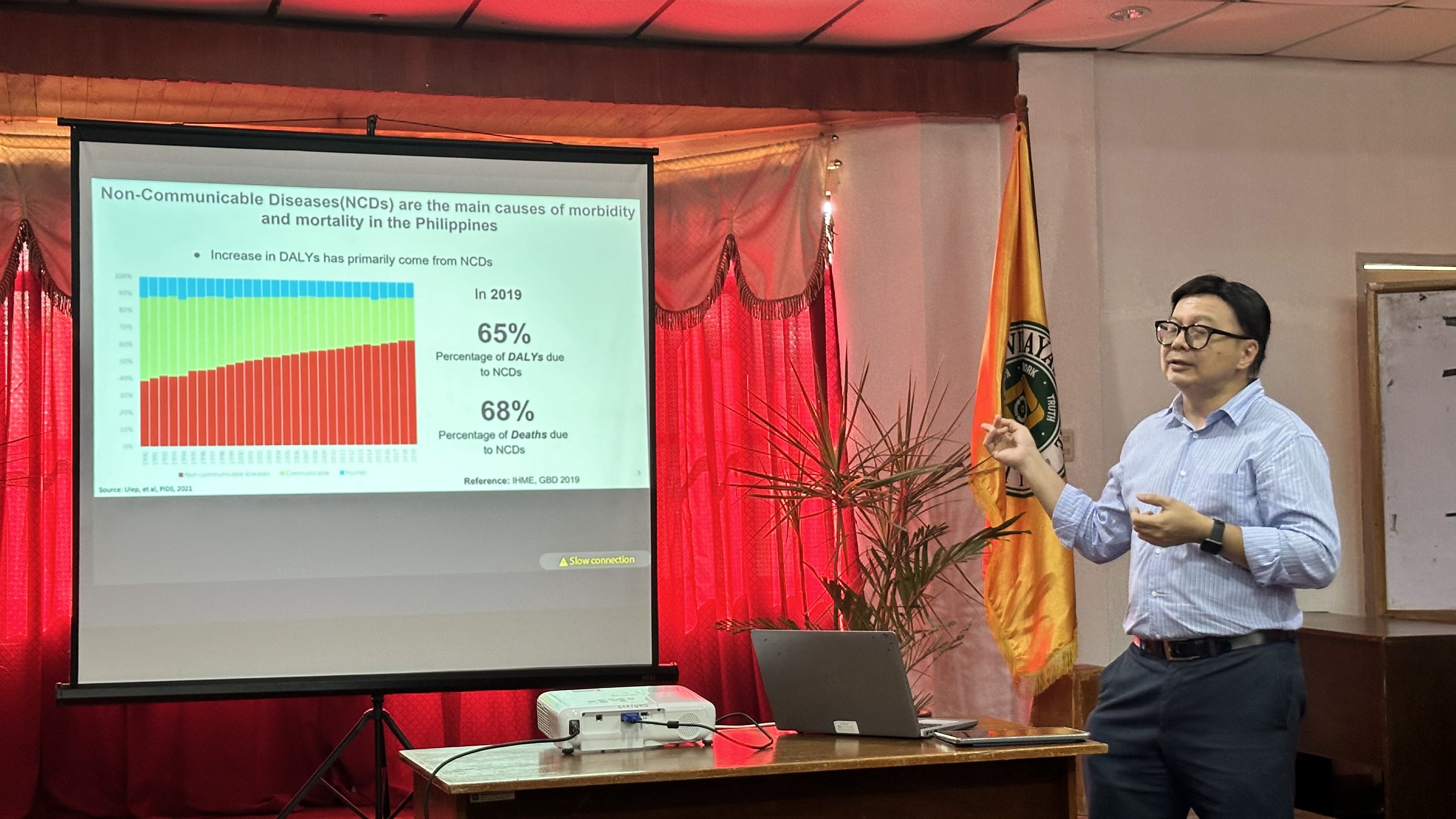
Researchers of the Visayas State University will be collaborating with the World Health Organization (WHO) and Sibog Katawhan Alang sa Paglambo (SIKAP) in operationalizing the Social Determinants of Health (SDH) Initiative in the town of Tolosa, Leyte. Said SDH Initiative is being implemented in partnership with the DOH Center for Health Development in Eastern Visayas.
In a meeting held on February 8, 2024, at the CCE Building, VSU discussed with WHO representatives led by Dr. John Juliard L. Go and Ms. April Joy David together with the staff of a people’s organization called SIKAP possible areas of cooperation in which VSU can provide technical assistance as part of WHO’s pilot initiative to address SDH.
WHO defines SDH as the non-medical factors that influence health outcomes. They are the conditions in which people are born, grow, work, live, and age, and the wider set of forces and systems shaping the conditions of daily life.
These forces and systems include economic policies and systems, development agendas, social norms, social policies, and political systems. The SDH, therefore, has an important influence on directly addressing health inequities—the unfair and avoidable differences in health status seen within and between countries and communities.
The town of Tolosa, a 5th-class municipality in the province of Leyte, has been chosen by WHO in coordination with the Department of Health (DOH) as the pilot town in the Philippines to demonstrate how to address the SDH.
Dr. Manny R. Martinez, Tolosa town Councilor who chairs the local committee on health, was present in the partnership meeting where he explained the initial accomplishments of their local government in implementing this pioneering work.
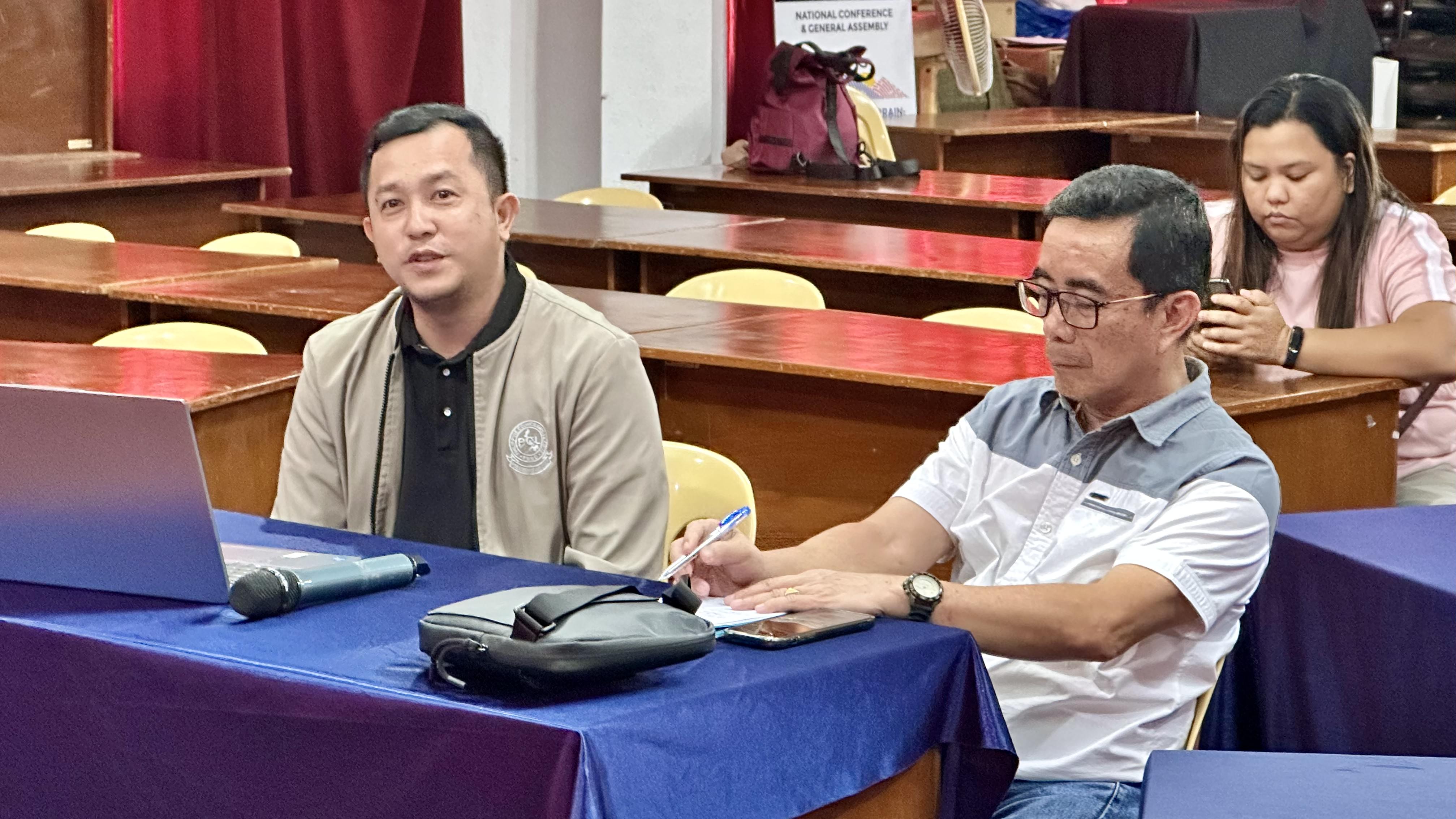
In his presentation, Dr. Martinez also added how VSU has been helpful to their local government, not just in providing quality tertiary education but also in implementing research projects that benefitted many people in Tolosa for many years now.
“I’m happy about VSU’s willingness to help us in Tolosa LGU to become a pathfinder town for this very important initiative using the expertise of the university in terms of agricultural development and human nutrition,” Councilor Martinez said.
WHO identified the Philippines and Laos as a pathfinder country in demonstrating how to operationalize the SDH so that other countries overseas can learn from our local experience.
Among the many examples of SDH, it is in the area of food insecurity and in ensuring income and social protection that VSU can contribute mainly because of its locally generated agricultural technologies and crop varieties that can be utilized by farmers to improve their economic condition and promote a healthy diet.
Mr. Malvin D. Datan, a faculty member of the VSU Department of Horticulture, presented to WHO and SIKAP the technologies and crop varieties that can be adopted by the supported communities of their project.
Among the endorsed crops by VSU researchers, it is the grafted crops called ‘Ampatola’ and ‘Kamlong’ that gained the attention of both WHO and SIKAP representatives.
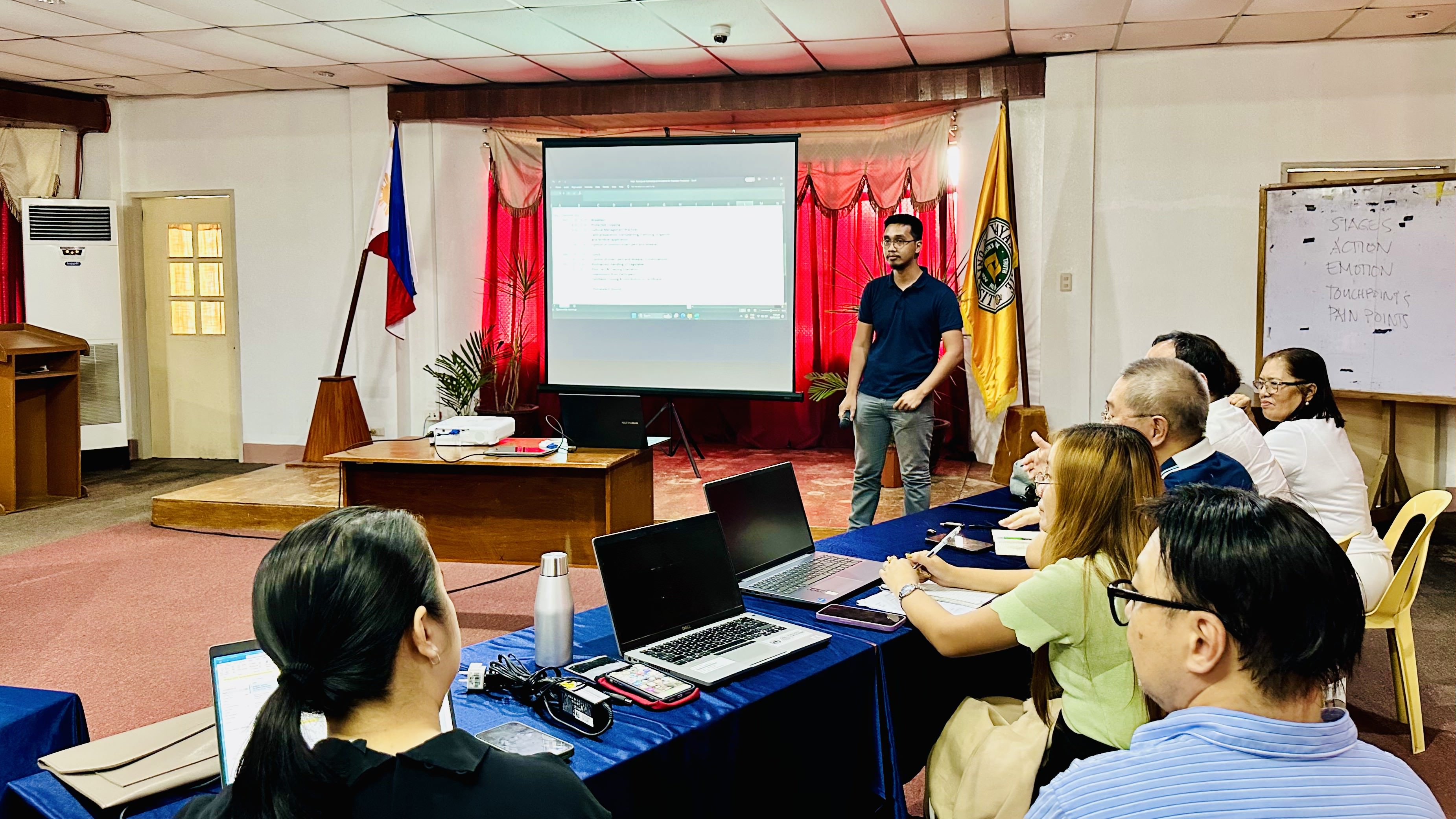
‘Ampatola’ is a grafted plant with bitter gourd (ampalaya in Filipino) as scion and sponge gourd (patola in Filipino) as rootstock. It is resistant to Fusarium wilt, a soil-borne disease that is common among cucurbits that causes serious damage to farms since it leads to the mortality of the plants.
‘Kamlong’, on the other hand, is a kamatis (tomato) grafted on a talong (eggplant) rootstock that results in a unique kind of tomato that can be grown in all seasons whether during rainy or very humid months of the year.
These two grafted technologies have been tested in the demonstration farms of VSU and can be adopted by partner communities of the university with VSU providing the important training needs for the farmer cultivators.
Aside from using agricultural technologies, VSU will also be tapped for the social and behavior change component of the WHO initiative to encourage local consumption of healthy vegetables to improve nutrition and promote healthy lifestyles among community folks in Tolosa.
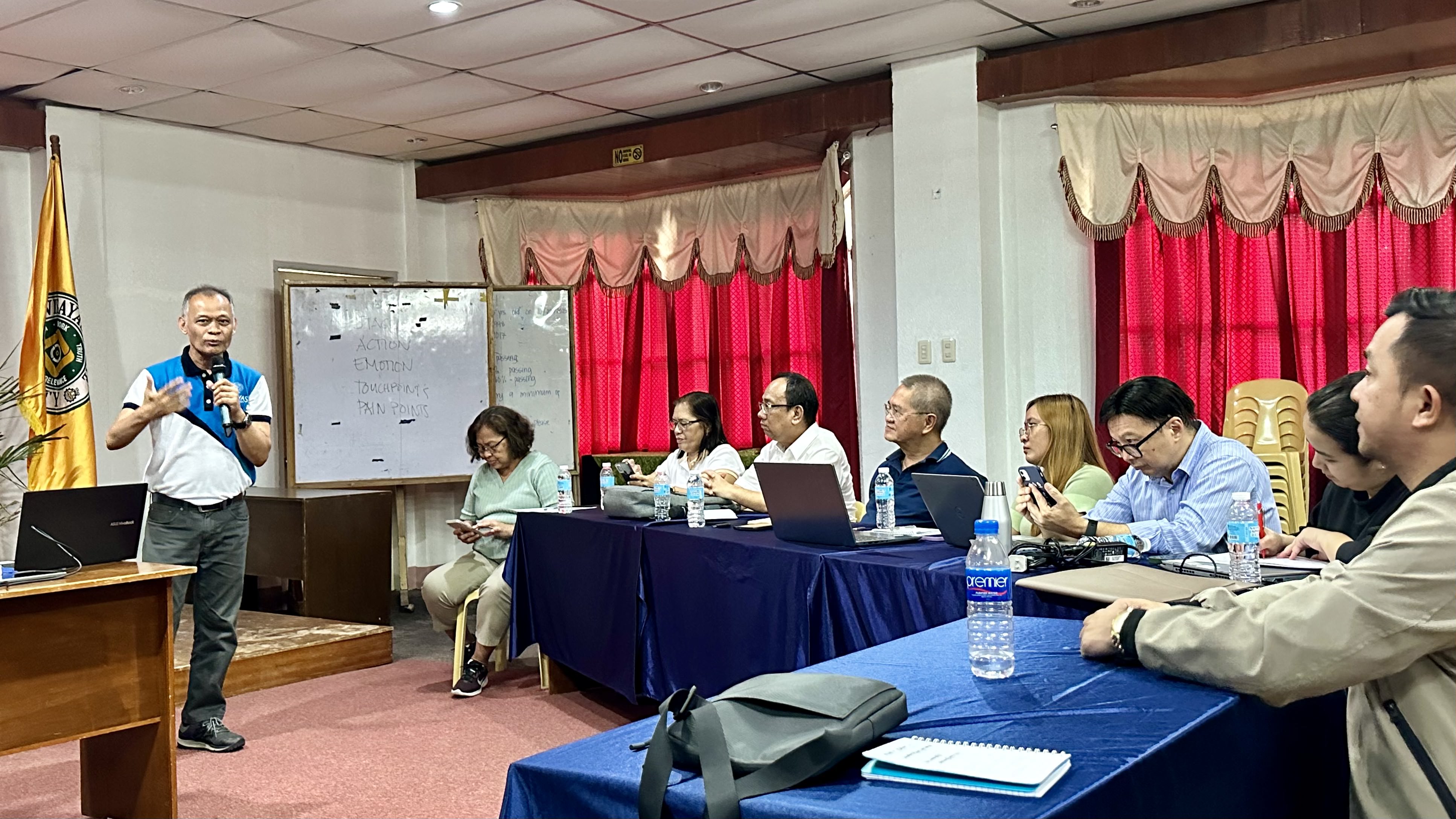
To do this, Dr. Rotacio S. Gravoso, a Professor in Development Communication, also presented the Social and Behavior Change (SBC) framework which shall be the guide in engaging community people in promoting healthy lifestyles.
With all these inputs from VSU, the project implementers from WHO, SIKAP, and the local government of Tolosa are now finalizing the plans for the capacity development of the communities in Tolosa.
Dr. Victor B. Asio, the Dean of the College of Agriculture and Food Science (CAFS), was delighted that the college has been involved in this pilot project addressing the SDH. He is hopeful that this will lead to greater collaboration to empower communities at the grassroots level.
Dr. Elwyn Jay V. Yu, VSU Chief of Hospital and Head of the University Services for Health, Emergency and Rescue (USHER), was also present in this partnership meeting where he will take an important role in the proposed training program for Barangay Health Workers (BHWs) from Tolosa, Leyte.
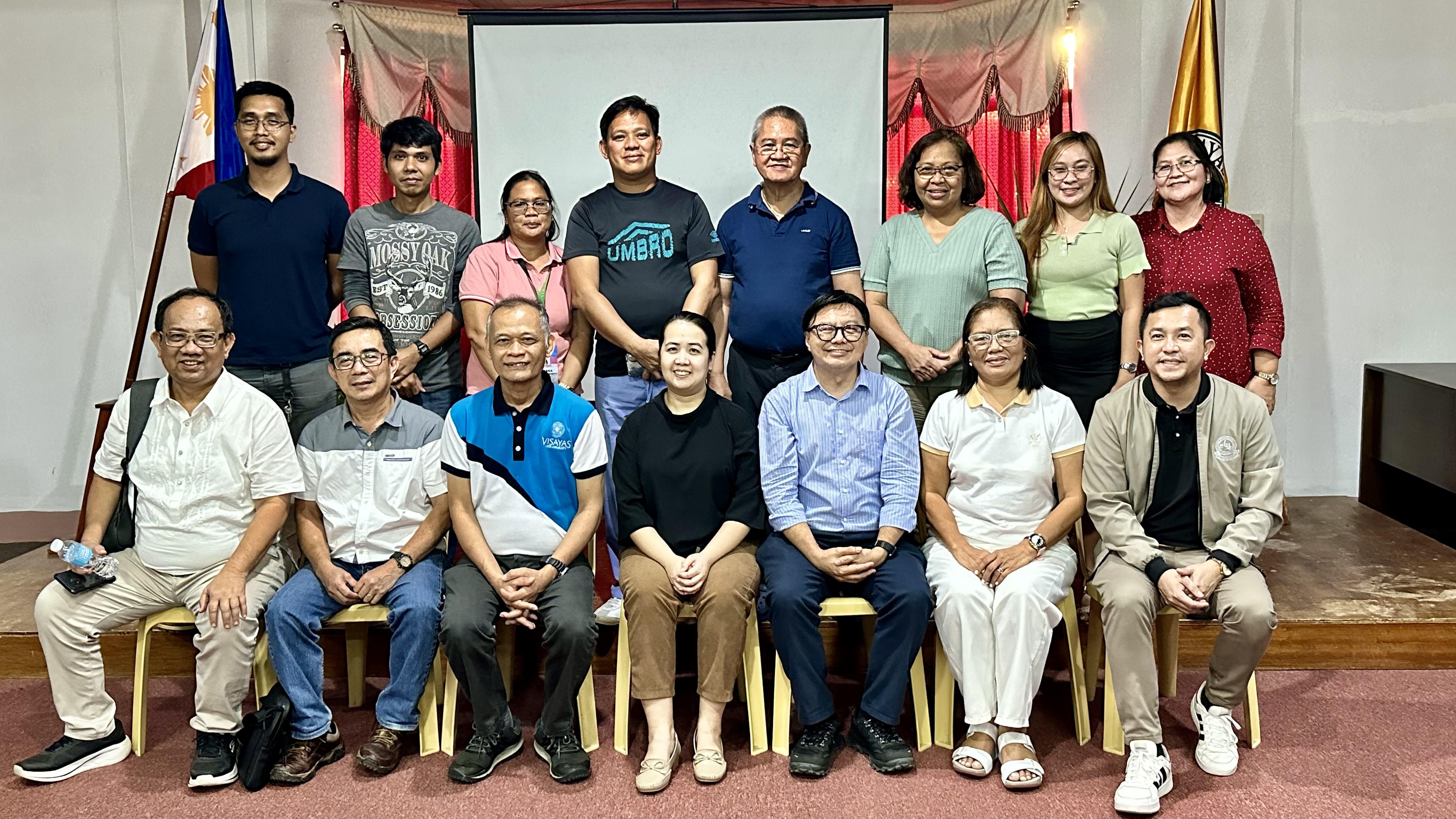
He was also instrumental in connecting the VSU researchers to the WHO for this particular engagement.

